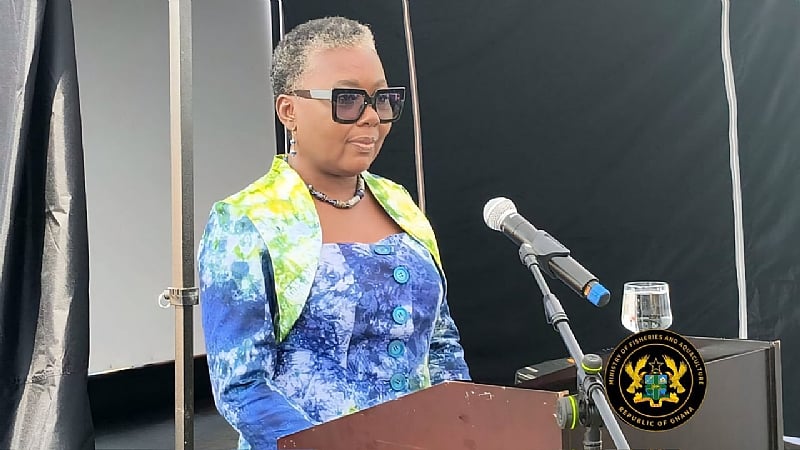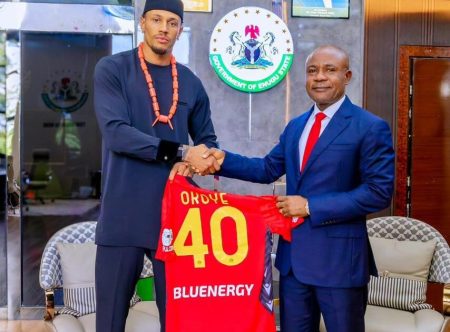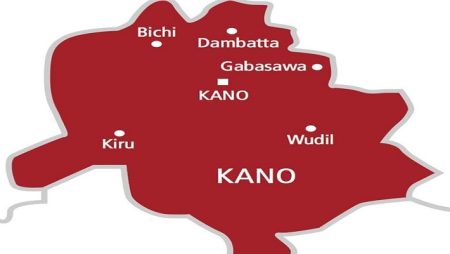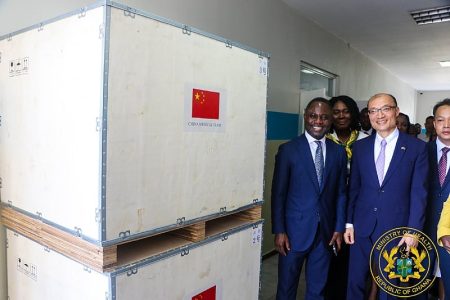The Ghanaian Ministry of Fisheries and Aquaculture Development has clarified the parameters of the 2025 closed fishing season, emphasizing that the restrictions do not apply to artisanal, or canoe, fishers. This clarification comes in response to criticisms leveled by the opposition New Patriotic Party (NPP), who alleged that the closed season contradicted President Mahama’s campaign promise to protect the livelihoods of small-scale fishers. The Ministry’s statement unequivocally reiterates the existing exemption for canoe fishers, underscoring the government’s commitment to supporting this vital segment of the fishing industry. However, the Ministry also stressed that the exemption does not absolve artisanal fishers from adhering to other established fishing regulations, both traditional and statutory, ensuring responsible and sustainable fishing practices across the sector.
The 2025 closed season itself is a multifaceted approach, tailored to different fishing categories. Industrial trawlers, operating on a larger scale, will observe a two-month closure spanning from July 1st to August 31st. Semi-industrial inshore vessels, operating closer to the coast, will adhere to a shorter, one-month closure from July 1st to July 31st. This differentiated approach recognizes the varying impacts of different fishing methods on marine ecosystems and aims to provide targeted protection where it’s most needed. The closed season is a crucial component of Ghana’s broader fisheries management strategy, designed to safeguard the country’s valuable marine resources and ensure their long-term viability.
The Ministry emphasizes that the closed season is not a punitive measure, but rather a proactive strategy for sustainable resource management. By allowing fish stocks to replenish during these designated periods, the government aims to bolster the long-term health and productivity of Ghana’s fisheries. This, in turn, contributes to food security by ensuring a consistent supply of fish, a staple protein source for many Ghanaians. Moreover, the sustainable management of fisheries supports the livelihoods of those employed in the sector, both directly through fishing activities and indirectly through related industries. The Ministry underlines that this policy aligns with both national fisheries strategies and internationally recognized best practices for sustainable resource management, demonstrating Ghana’s commitment to responsible environmental stewardship.
The government’s commitment to the long-term sustainability of the fishing industry is evident in its comprehensive approach to fisheries management. The closed season represents one facet of this larger strategy, working in concert with other regulations and initiatives to protect marine ecosystems and ensure the well-being of fishing communities. The differentiation between industrial, semi-industrial, and artisanal fishing practices reflects a nuanced understanding of the varying impacts of these activities. By tailoring the closed season to specific fishing categories, the government aims to maximize its effectiveness in promoting fish stock recovery and minimizing disruption to the livelihoods of small-scale fishers. This approach underscores the delicate balance between environmental protection and economic considerations within the fishing sector.
The exemption for artisanal fishers, while safeguarding their immediate livelihoods, also carries a responsibility. The Ministry’s emphasis on compliance with other fisheries regulations highlights the importance of a holistic approach to sustainable fishing. Traditional practices, often rooted in local ecological knowledge, play a vital role in preserving fish stocks. These practices, combined with statutory regulations, provide a comprehensive framework for responsible fishing, ensuring that artisanal fishers can continue to operate sustainably. The Ministry’s clarification serves as a reminder that sustainable fishing requires a collective effort, involving both government oversight and the active participation of fishing communities.
The 2025 closed season, therefore, is not simply a temporary restriction, but a crucial element of a long-term vision for Ghana’s fisheries. It represents a proactive investment in the future of the industry, ensuring the continued availability of marine resources, supporting food security, and safeguarding the livelihoods of those dependent on fishing. By balancing environmental protection with economic considerations, the government aims to create a sustainable and prosperous future for Ghana’s fisheries sector. The ongoing dialogue between the government and various stakeholders, including artisanal fishers and the opposition, demonstrates a commitment to collaborative fisheries management, essential for the long-term health of this vital sector.














